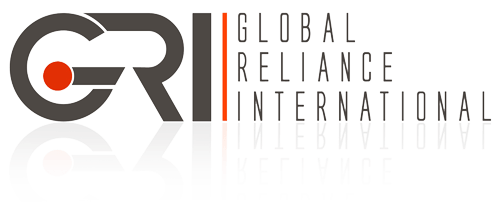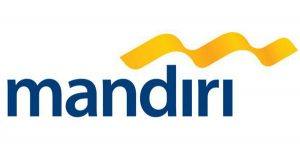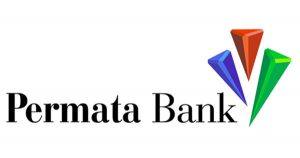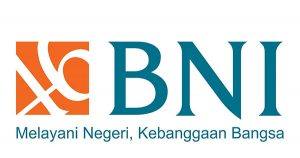SA 8000
The SA8000® Standard is the leading social certification standard for factories and organizations across the globe. It was established by Social Accountability International in 1997 as a multi-stakeholder initiative. Over the years, the Standard has evolved into an overall framework that helps certified organizations demonstrate their dedication to the fair treatment of workers across industries and in any country. …




